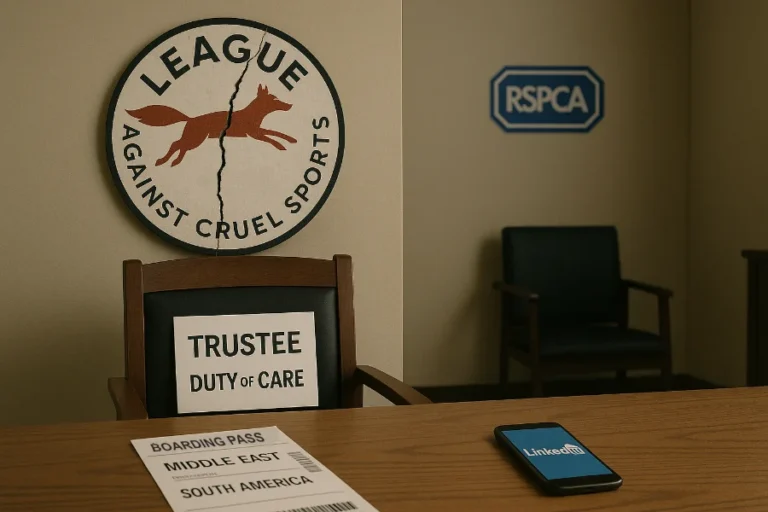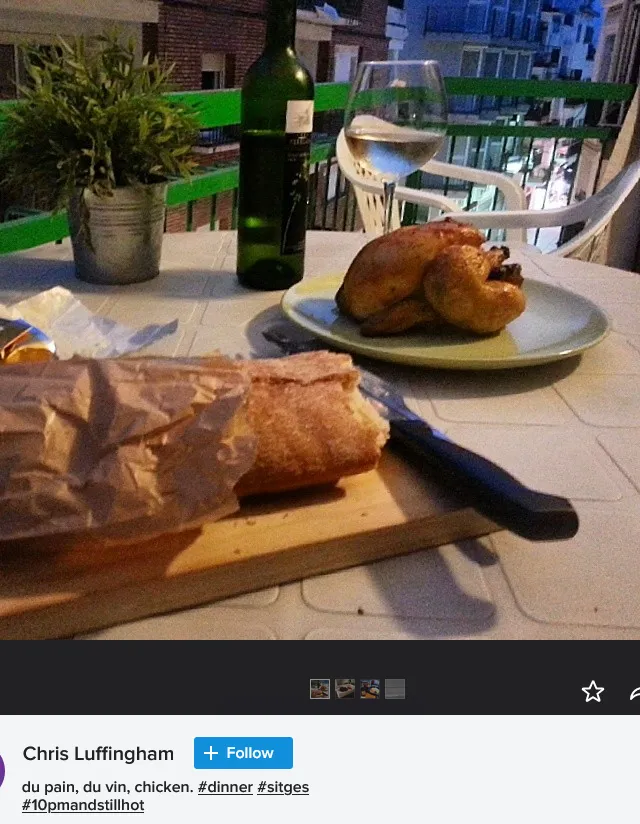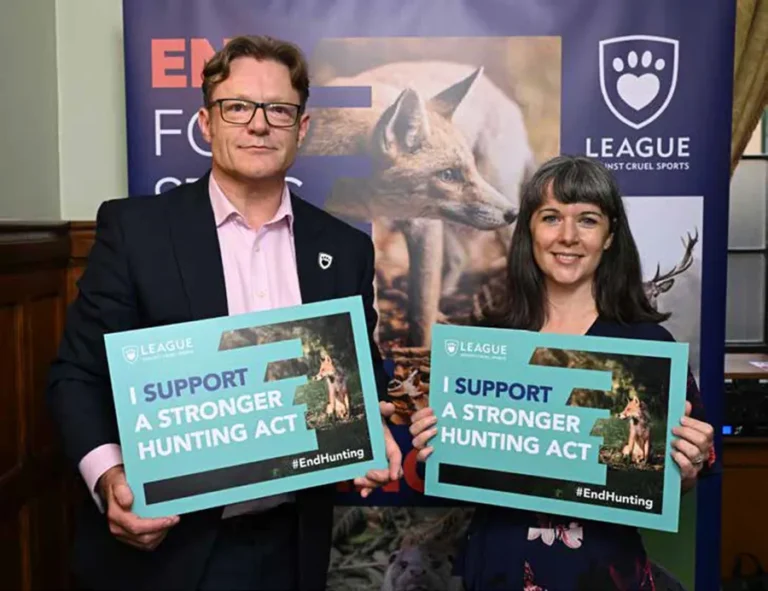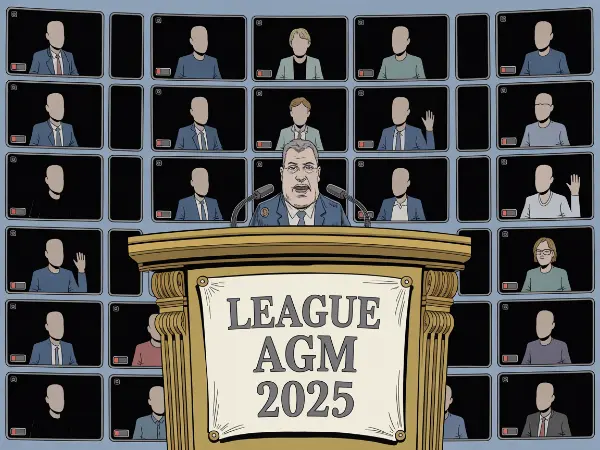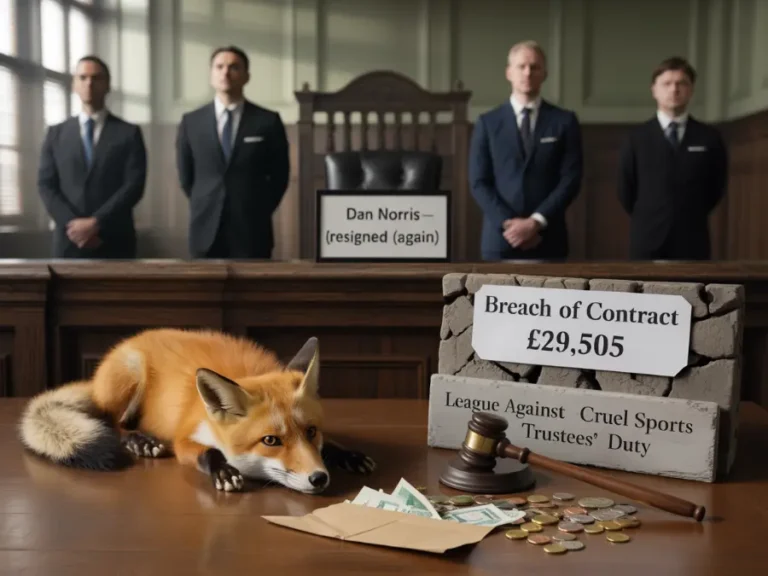The League Against Cruel Sports Faces Uncertain Future in Leadership Selection
The League Against Cruel Sports is currently grappling with a leadership crisis that poses significant challenges for its future direction and efficacy. The organisation is led by an Acting CEO and an Acting Deputy CEO, both of whom have been integral to the Senior Management Team that has contributed to the current turmoil. This leadership vacuum comes at a critical time, demanding a robust and knowledgeable response to restore confidence and drive the League’s mission forward.
Adding to the complexity, the League currently operates with only three trustees. These trustees have overseen the recent period of disarray without demonstrating the requisite skills or knowledge typically expected of those in such pivotal governance roles. Their performance raises concerns about their capability to navigate the organisation through this critical juncture effectively.
Compounding these issues is a history of overpromotion within the League. Many managers and directors have risen above their talent levels, not due to their skills or achievements, but because of their willingness to conform and avoid challenging the Senior Management Team. This practice has resulted in a lack of independent thinkers within the organisation, stifling innovation and critical analysis. This culture of complacency and non-challenge further undermines the League’s ability to address its current challenges effectively.
The most pressing challenge facing the League Against Cruel Sports is the selection of a new CEO. The trustees are tasked with appointing a CEO who can bring stability and strategic vision. However, their apparent lack of day-to-day expertise in managing an anti-hunt organisation raises significant concerns. The fear is that, due to this knowledge gap, the trustees may opt to promote the current Acting CEO, who is not be suitable for the role, or someone equally unqualified, such as Dominic Dyer. Dyer’s tenure as CEO of the Badger Trust was marked by controversy and is widely regarded as a misstep, making him a contentious candidate for leading the League.
Alternatively, the trustees might consider consulting Douglas Batchelor, the former CEO of the League, who is currently listed as a consultant for the organisation. During Batchelor’s tenure as CEO, he was notably recognised for his frequent staff reductions. It is somewhat surprising that he never worked for Natural England, given his apparent preference for a good cull. One of Batchelor’s more questionable decisions was appointing Steve Taylor as the League’s Head of Campaigns and Communications, which stands out among several other poor choices.
The stakes are high, the League needs to regain it’s orginal expertise and standing or risk continuing on the path towards total irrelvance. The next CEO must possess a deep understanding of the unique challenges faced by an anti-hunt organisation, coupled with strong leadership and strategic planning capabilities. This individual must also be able to rebuild trust within the organisation and especially among its supporters, and reinvigorate its campaigns with effective, evidence-based strategies.
To ensure a successful appointment, the League must seek external expertise in the selection process. Engaging independent consultants or advisors with a proven track record in UK wildlife protection and nonprofit management could provide the necessary insight and objectivity. This approach would help to mitigate the risk of an unsuitable appointment and ensure that the new CEO has the credentials and vision to lead the League out of its current crisis and into a more stable and successful future.

